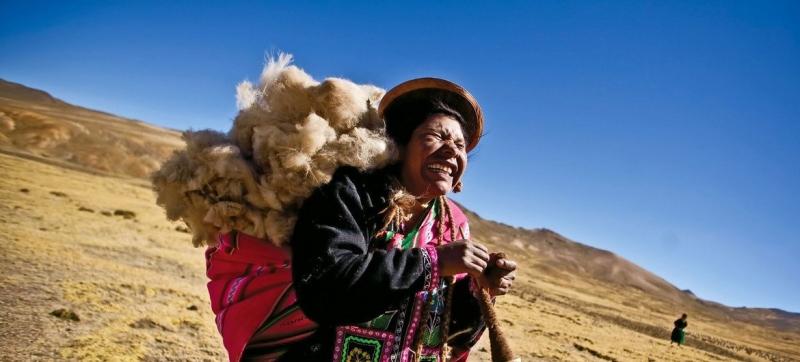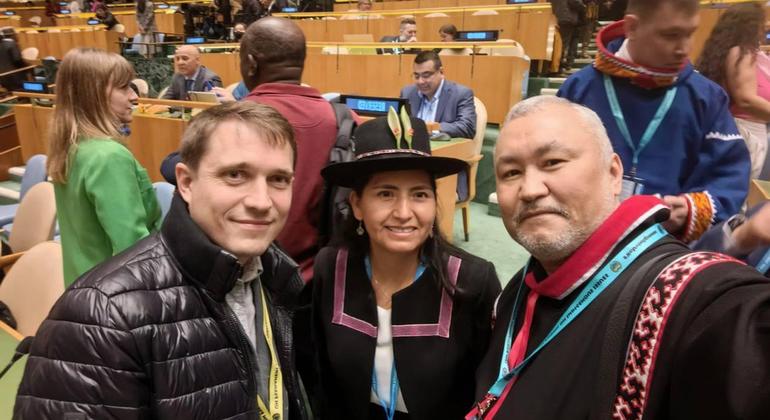
Indigenous peoples are much more careful about nature. The UN calls for protecting their right to land and self-determination. Session of the Permanent Forum on Indigenous Issues opens in New York Human rights
Every spring, the corridors and halls of the UN headquarters in New York are filled with a multilingual crowd, in which you can find many people in bright, original clothes – this means that the next session of the Permanent Forum on Indigenous Issues has started . This year it is being held for the 23rd time. The main topic of the meeting was the participation of young people in defending the rights of indigenous peoples.
Indigenous Peoples of the World
More than 476 million indigenous peoples live in 90 countries around the world, representing 6.2 percent of the world’s population. Indigenous peoples account for the vast majority of the world’s approximately seven thousand languages.
For many years, they have defended the right to preserve their cultures, own their ancestral territories, and manage natural resources. Indigenous peoples are united by their historical ancestral connection to their lands from pre-colonization times.
Human rights
Indigenous people are almost three times more likely to live in extreme poverty than other groups. Indigenous peoples make up 15 percent of the world’s poorest people.
In recent years, there has been a significant increase in the number of attacks against indigenous rights defenders defending the collective rights of indigenous peoples to lands, territories and resources. Their culture remains under threat, and the protection and promotion of their rights is met with resistance. These conflicts and human rights violations result in the displacement and dispossession of indigenous peoples.

Indigenous women and girls face additional forms of discrimination. They experience violence at three times the rate of non-Indigenous women. The COVID-19 pandemic has exacerbated all of these issues.
Furthermore, the lack of legal recognition and lack of disaggregated data essentially renders Indigenous peoples invisible, which only contributes to the discrimination they face collide. This requires renewed efforts to combat the negative consequences of historical injustice, discrimination and assimilation that indigenous peoples have endured for centuries.
The UN Human Rights Office carries out a number of activities in countries and regions to promote the rights of indigenous peoples.
Indigenous peoples Russia
The Russian Federation, according to data published on the UN Human Rights Office website, is one of the most ethnically diverse countries in the world. Russian legislation protects “indigenous small-numbered peoples of Russia,” which are defined as peoples living in the territory of the traditional settlement of their ancestors, preserving their traditional way of life, farming and crafts.
Read also:
INTERVIEW | Indigenous peoples know how to live in harmony with nature
The official list of indigenous peoples of the Russian Federation includes 46 such ethnic groups, the number of which varies from less than 300 people to more than 40,000 people. The indigenous peoples of Russia were able to preserve their unique primordial identity, culture, language and traditions.
Read also:
INTERVIEW | How climate change affects life in Siberia
Permanent Forum
Permanent Forum on Indigenous Issues was created in 2000 by the United Nations Economic and Social Council (ECOSOC) in accordance with the recommendations of the Commission on Human Rights. It consists of 16 experts. Half of the forum’s participants are nominated by governments, the other by indigenous groups. All of them are elected for a three-year term.
